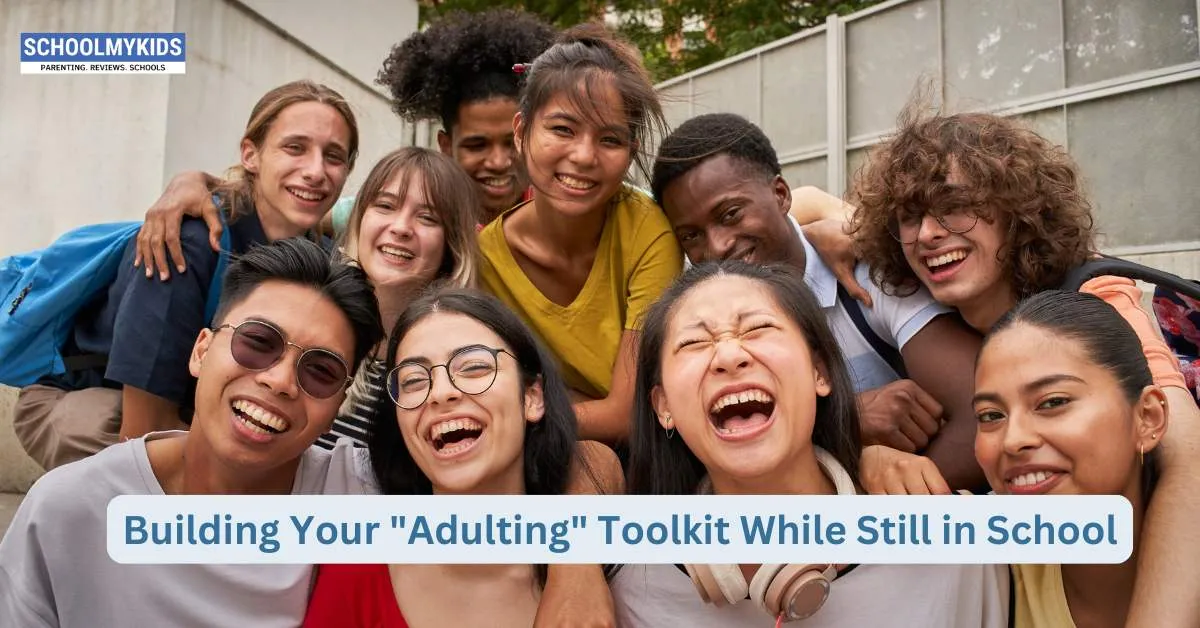Introduction
Most students leave school knowing how to solve equations or write essays—but struggle with opening a bank account, writing a formal email, or managing a budget. These gaps are not due to a lack of intelligence but a lack of preparation. "Adulting"—a term used for essential life skills—should be part of every student’s toolkit before graduation.
Why Adulting Skills Matter
The transition from school to college or the workplace can be jarring. Students suddenly face:
- Time-sensitive responsibilities
- Financial independence
- Decision-making without immediate guidance
Without foundational life skills, this transition can feel overwhelming. Introducing these skills earlier can reduce stress, improve self-reliance, and foster responsible adulthood.
What Should Be in the Toolkit?
1. Financial Literacy
- Basics of budgeting and saving
- How debit, credit, and EMIs work
- Understanding taxes and UPI/payment platforms
2. Communication Skills
- Writing formal emails and applications
- Conflict resolution
- Phone and virtual meeting etiquette
3. Time and Task Management
- Setting deadlines and prioritizing tasks
- Using calendars or productivity apps
- Understanding work-life balance
4. Civic and Legal Basics
- Voting rights and responsibilities
- Understanding simple contracts and ID documents
- Knowing how to file grievances or applications
How Schools Can Help
Schools can:
- Offer short workshops on adulting topics
- Bring in guest speakers from banks, HR teams, or government offices
- Simulate real-world scenarios like mock interviews or bill planning exercises
- Integrate life skill modules into existing curricula
Conclusion
Preparing students for the world means more than academic success—it means helping them thrive independently. A well-equipped adult is not born; they are trained. Schools that embrace this responsibility empower students to step into adulthood with confidence, clarity, and competence.








Be the first one to comment on this story.